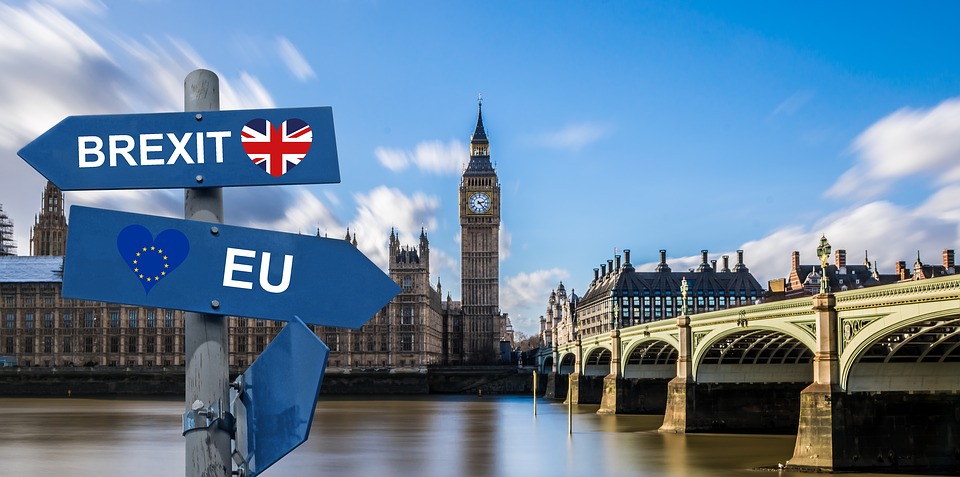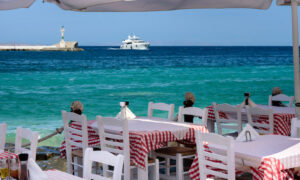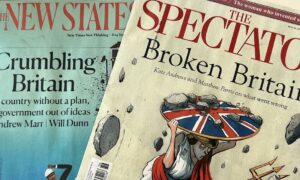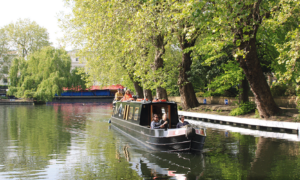Theoretically, on the evening of 29 March or later – depending on whether the European Union grants an extension of Article 50 – my husband and I become illegal aliens. There is nothing we can do about that; Brexit is in the hands of others.
The Latvian government’s hands are similarly tied because those in the British Parliament have not made up their minds. If there is a deal, then we have a formal transition period; if there is a no-deal Brexit, then Latvia has to implement a transition period for us to stay.
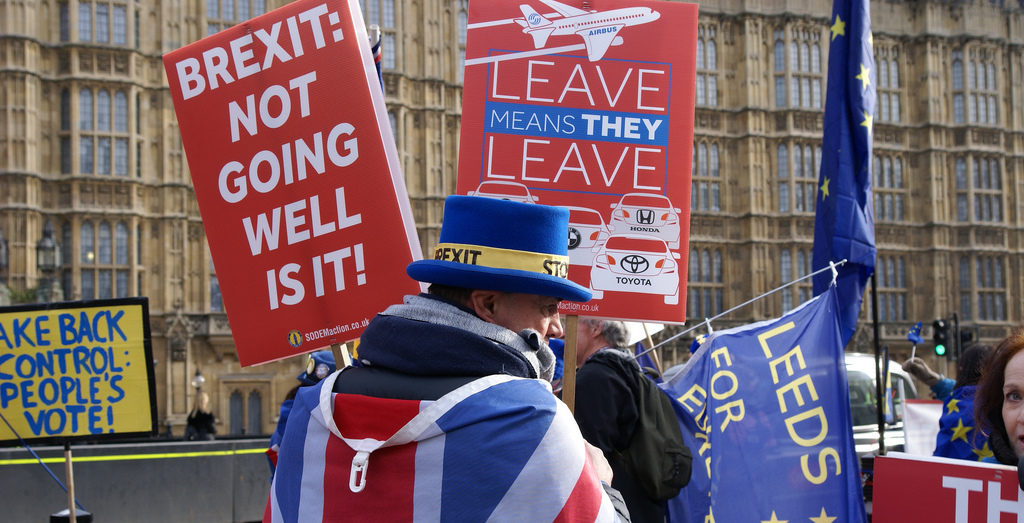
That is complicated, given Latvian history, and would take a whole other post to explain. Fortunately, legislation is in place to deal with this, but nothing happens until Brexit happens or does not. We are in legal limbo until then.
We cannot apply for third-country national status because we are EU members, so we cannot prepare for it, as such.
With only days to go, we still do not know what our status will be or where our future lies. Will our dreams lie in tatters, or is there a way through? Tune in to next week’s episode of Brexit madness and we might find out!
Or not!
Fiddling while Rome burns
Looking back over the last years, what do I think about Brexit? Oh, gosh! What a question. Of course, as a Brit with a British husband living in Latvia, I do have an opinion. The day after the referendum, my husband and I sat on our land in a state of shock, watching our alpacas. What would happen to all that we could see in front of us that we had worked so hard for?
I had seen the way the wind was blowing, so to speak, but had hoped that maybe enough people would see the value of being part of a large group of nations cooperating and would reject the idea of leaving.
In the run-up to the Brexit referendum I had been confused by so many of the arguments that people in the UK used, with one person even declaring that even if the list of claims about the EU were mainly false, her gut instinct was to vote against it.
Where was the rationale behind that?
I also struggled with my friend who declared that “God wants us out!” What? How can an organisation built on peace and reconciliation by men of faith be something against the tenets of the Christian faith?
During those pre-referendum days, there was only ever one coherent argument that I saw for Brexit concerning the problems in the EU, even if in essence I disagreed with it. I cannot remember now the exact argument, I just remember thinking I got what they were saying, as it actually made sense.
Does that mean I think the EU is perfect? My goodness, no! It does badly need reform, but that will take time. It takes commitment and compromise. It takes negotiation and a will to do the best for the people. In short, it takes a democratic process to shape and re-shape the organisation.
To me, the taking back control is like cutting an anchor in the midst of a storm and setting out. The future is far more uncertain because of Brexit and I grieve for my family, especially my grandchildren. Do I trust the EU for my safety? No! But I trust the current shambles of a British government even less.
This whole debacle has sucked the energy out of so many debates we should be having on the future of our planet earth. It feels like fiddling while Rome burns.
Reconciliation possible post-Brexit?
Having said all that, there is a process that needs to be gone through. Democracy never has rested on one vote to end all questions. If it did, then women would still not have the vote and slavery would still be legal.
It took several rounds of voting before those issues were addressed. What Brexit did show is that there is an ugliness of opinions on all sides of the debate and they were quietly festering.
We have to face these and say that name-calling is unacceptable and demeaning others is unacceptable. Honest debate that addresses issues is necessary. Maybe through a process of reconciliation and truth-telling we can arrive at a better future, but at this moment that does not look possible.
 As a now disenfranchised Brit – I have been out of the country 16 years and unable to vote in any second referendum, despite voting in the first – I can only watch on as the scene plays out, with a morbid sense of fascination. Am I worried? Kind of! My husband and I now both have jobs with “proper” incomes that might help.
As a now disenfranchised Brit – I have been out of the country 16 years and unable to vote in any second referendum, despite voting in the first – I can only watch on as the scene plays out, with a morbid sense of fascination. Am I worried? Kind of! My husband and I now both have jobs with “proper” incomes that might help.
I cling to the hope, though, that situations can change quickly. How many of us expected the Berlin Wall to fall?
About the author:
Joanna Storie is a British emigrant and Ph.D. candidate living in Latvia.


